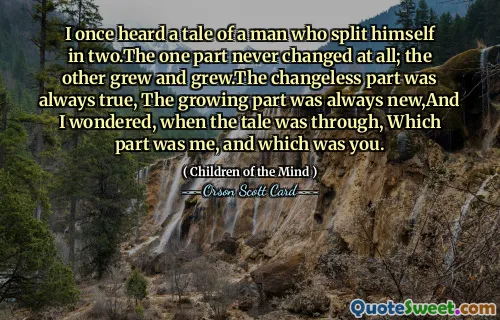
I don't want to be a passenger in my own life.
This quote captures a profound and universally relatable desire for autonomy and active participation in our own journeys. To feel like a passenger in life implies a surrender of control, a relinquishing of choice, where one simply observes the flow of circumstances without shaping or directing them. The phrase evokes an image of being carried along on a path chosen by others or dictated by external forces, which can lead to a sense of helplessness or disconnection from one’s own purpose and fulfillment.
Embracing the role of the driver in one's life entails making conscious decisions, confronting challenges head-on, and steering one's existence towards personal goals and values. It reflects a commitment to self-agency and empowerment. This quote also serves as an invitation to self-awareness—encouraging individuals to evaluate whether they are truly living intentionally or merely reacting passively to life's events.
Furthermore, it underscores the importance of accountability. When we stop being passengers, we acknowledge that we are responsible for where we go and how we respond to obstacles. This mindset fosters resilience, growth, and a deeper connection to our own potential. It is a call to move beyond complacency and recognize the power within us to influence our destinies.
In essence, the quote resonates as an urgent reminder to actively participate in shaping one’s life story, to be present in our experiences, and to honor the responsibility and freedom inherent in having the steering wheel of one’s life's journey.








